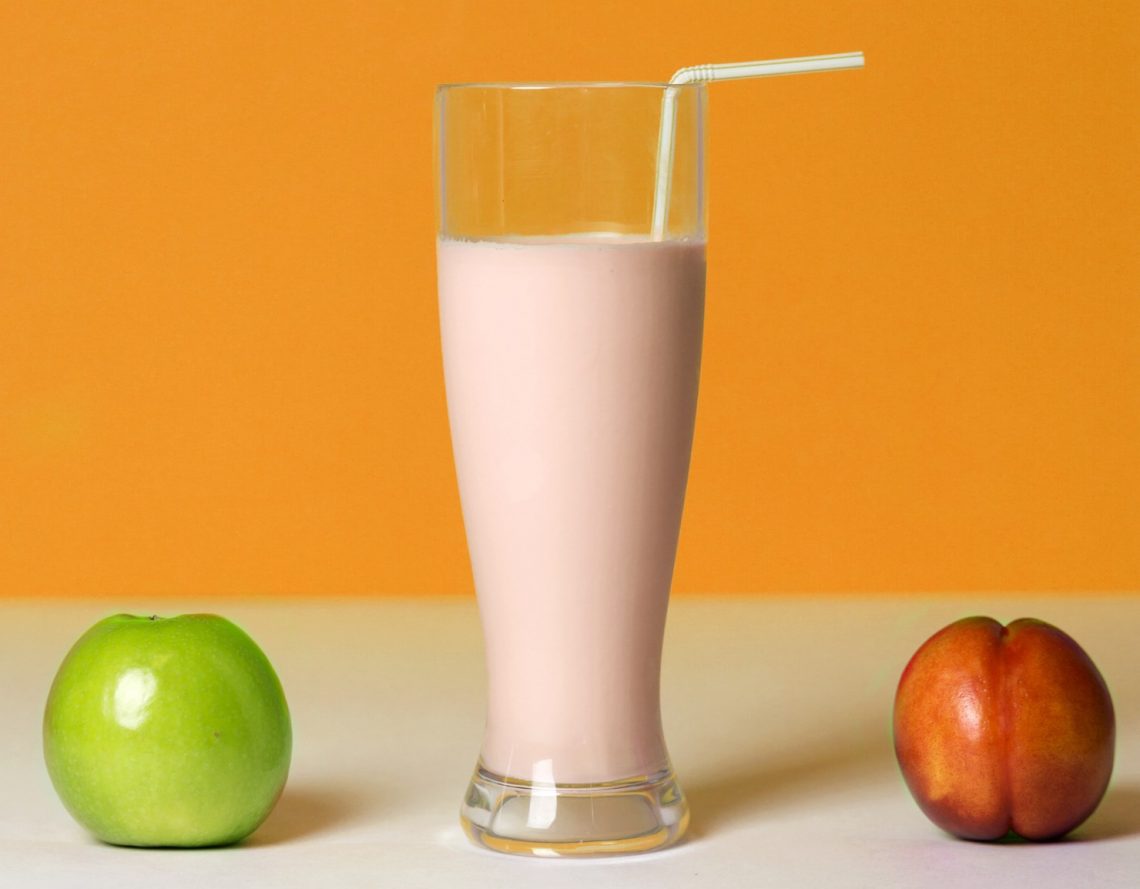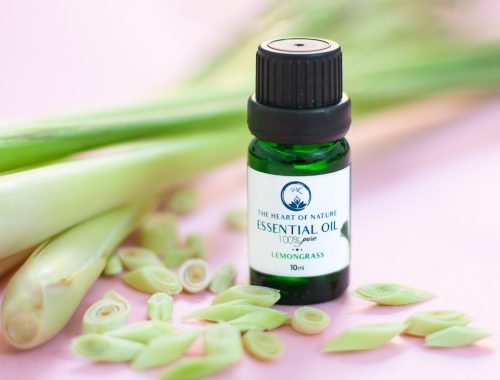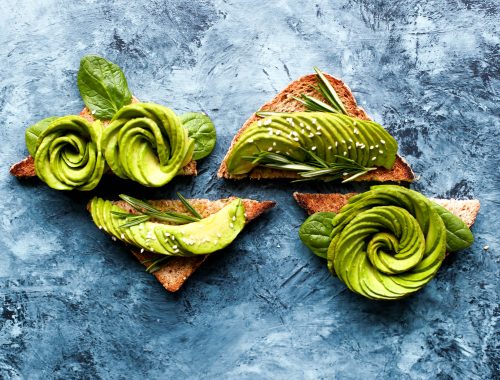
Should I take a protein supplement?
People love supplements. It’s an easy way to add some nutrients to the diet. But the answer to the question: “Should I take a protein supplement?” is: Probably not. Very few people NEED a protein supplement and a well-balanced diet is usually sufficient.
Protein supplements are useful for people who have increased requirements for this macro-nutrient. People who are trying to gain muscle mass such as athletes and bodybuilders; people who are trying to reduce disease or age-related muscle mass loss such as patients with AIDS, serious burns or after surgeries and older people.
Scientifically, protein is a series of amino acids linked together like a chain. The links that hold these amino acids together are known as peptide links. Amino acids are the primary source of nitrogen in the body. Having a positive nitrogen balance is essential for proper muscle growth and repair.
‘Should I take a protein supplement?’ is a very common question asked by my clients and I have to admit, that most people who are working out at the gym are taking at least one supplement.
Is it dangerous to have too much protein?
Too much protein has not been proven to be dangerous in healthy people. The exception is those with certain health conditions (liver and kidney problems). However, in a healthy individual, any excess protein is likely to be passed through in urine, used as fuel, or potentially stored as fat. Also, there is no evidence to indicate that higher protein intake is beneficial to gaining muscle.
However, overconsumption may lead to an increased risk of certain side effects:
- Bad breath
- Constipation
- Diarrhea
- Kidney damage
- Calcium loss
To avoid the side effects you need to drink plenty of water, avoid caffeinated beverages and increase your fiber intake.
WHEN to have it?
In the interest of performance/building muscle, the general consensus is to space out your protein intake throughout the day at regular intervals, having about 15-25g of protein per meal/snack. The ‘anabolic window’ (the period around exercising where you make gains) is actually 24hrs and not a strict deadline so don’t panic too much if you don’t get protein right before or right after you exercise. The optimal time to consume proteins is up to one hour after the workout.
Types of protein supplements
Okay so you’ve decided you should take a protein supplement – but where do you start?
On the market you can find protein supplements in different forms. Powders are the most common and the easiest to absorb. Bars are popular (and quite tasty), but they tend to have a lot of added sugar and other additives. There are also ready to drink liquid proteins, which are a medical food developed for the dietary management of conditions requiring supplemental protein.
On the market you can also find pills, which are actually convenient (you can easily pack them and drink them down with some water after the workout), but they are relatively expensive and it takes longer to absorb them.
For day-to-day supplementation I would recommend protein powders, which are either animal-based proteins or plant based. They also may have added extras eg. vitamins, minerals, greens, fiber or carbohydrates.
Animal-based protein powders
Animal-based protein powders are complete protein source, as they contain all essential amino acids in sufficient amounts. Whey and casein are both milk proteins. Casein is considered slow protein as it is absorbed and digested at a slower rate (which is why it is recommended before bed). Whey is considered a fast protein – it is digested an absorbed quickly. Whey is probably the most researched of all the protein supplements and is generally considered superior in terms of muscle building. It’s not suitable for vegans or those with a dairy intolerance. There are some factors to consider when buying a protein powder. Casein is generally more expensive than whey. Moreover, whey often has a better consistency and taste better than casein. I recommend to find the one without any additives and artificial sweeteners like TGS All Natural 100% Whey Protein Powder . You can mix it with water or milk (shake will be sweeter and thicker), add your favorite fruits and blend it to have a delicious protein shake. I like to add banana, strawberries and a handful of spinach leaves to increase the veggies intake.
Egg protein powder is an animal-based alternative without dairy/lactose. It actually has the highest biological value because of essential amino acids and sulfur-containing proteins naturally occurring. It easily mixes with any liquid, and actually tastes better than traditional egg white proteins.

Plant-based protein powders
These are on the rise and more sustainable. However, in isolation, most plant-based proteins fall short one or two amino acids and do not stimulate muscle protein synthesis to the same effect as animal-based proteins. Due to this fact, most are now sold as blends of a few plant proteins (e.g. pea and brown rice) so that they have a more complete amino acid profile, for example Alaya Organic Vegan Protein Powder. The main 3 types of plant protein powders are:
Peas and legumes – A good source of proteins that are higher in branched chain amino acids and lysine (plays a key role in triggering muscle protein synthesis) but lack methionine.
Brown rice protein isolate – A source of protein that is higher in methionine, but lacks other amino acids including threonine, leucine, and histidine.
Hemp protein – Contains complete amino acids without the psychoactive effects of cannabis. Hemp also contains plant-sourced omega-3 and omega-6 fatty acids.
Generally, plant-based protein powders have their own unique flavor and aftertaste, and as a result often contain a lot of food additives to hide their real flavor. Always look for the shortest ingredient list and be aware of artificial food additives.
Should you take a protein supplement?
I hope this article was helpful and you already know the answer for the question ‘Should I take a protein supplement? The key to finding the best option for you is to be informed about your own health. But always remember, FOOD FIRST. Protein supplements are rarely essential.
What is your experience with protein supplements? Please share in the comments below.
You May Also Like

10 Witch Hazel and Essential Oils Recipes
August 15, 2019
Reusable Makeup Remover Pads Review
July 23, 2019



12 Comments
Flavio
I’m starting a diet and your protein information is important to me now. Your information is clear and accurate, I will look at the types of proteins with other eyes now. I have never taken industrialized proteins, I prefer natural ones. And looking at your article on this, I’m sure I’m on the right track. Thanks for sharing your information.
Agnes Depinska
Hi Flavio,
I am glad that you like my post, good luck with your diet!
If you have any questions related to the nutrition you are more than welcome to ask me in the comments section or send me an email.
Best,
Agnes
stefanie taylor
Hi Agnes,
Great post! Since turning to the plant based diet I have had to use more protein supplements due to the fact that I do lots of exercise, but I always either mix them up or use a blend to make sure I receive a complete amino acid profile. So, I definitely recommend them now to vegans or plant based eaters, even if it’s just in the cupboard for days when you don’t quite reach your quota.
Agnes Depinska
Hi Stefanie,
Thank you for your comment. It’s harder to get all the nutrients on the vegan diet and in many cases supplements are necessary.
Good luck with the plant based diet, you are more than welcome to check out my recipes, a lot of them are plant based.
Best,
Agnes
Kamil
Hi Agnes, great post. I totally agree, that in most cases we do not need protein supplements. Generally, people need daily about 1,2g/kg of proteins. This amount can be easily delivered by eating meat and dairy products.
Agnes Depinska
Hi Kamil,
Thank you for the comment. It’s actually even less, 0,8 – 1 g/kg body mass, and you are right, it can be easily consumed with the regular diet.
Best,
Agnes
Katie
Hi Agnes,
Fantastic post on whether or not to take protein supplements. I work in the fitness Industry, and you make some very great points. I like that you pointed out some of the negative side effects off too much protein, as I don’t feel like that is talked about enough! I will definitely keep my eyes out for more of these awesome posts!
Agnes Depinska
Hello Katie,
Thank you for your feedback. You are right, people are mostly talking about benefits of protein supplementation and often forget about the side effects.
Best,
Agnes
Eija
Hi Agnes,
thanks a lot of this post. A very important and interesting subject for me. I don’t eat meat, nearly at all, only a little bit. Milk products give me protein.
I have only used protein bars and them also very rarely. I got new information about protein supplements from your post now. Maybe I use them sometimes.
It was nice that this post wasn’t too long. It was easy to read,
Have a pleasant summer,
Eija
Agnes Depinska
Hello Eija,
Thank you for the comment. If you don’t eat meat, besides milk I suggest to add also other sources of proteins like beans, tofu and other soy products (you try out my Stir-Fry Tofu recipe), eggs. Protein bars from time to time are alright but as I mentioned in the article they contain lots of sugar. I hope that helps!
Best,
Agnes
CKing77
I enjoyed reading this article a lot, it’s about something i’m very interested in.
I exercise a lot and take a protein supplement to help build, or at least maintain muscle mass and have to say doing this is convenient and has saved me money.
I do have a very balanced diet too. Both go together well but always remember a supplement is just that, a supplement, not a replacement.
Beautiful website, very professional and clean looking.
Agnes Depinska
Hello,
Thank you for your feedback. To build a muscle mass you need to increase the protein consumption and it’s often very hard to consume sufficient amount with the regular diet. In this case protein supplements are necessary.
Best,
Agnes